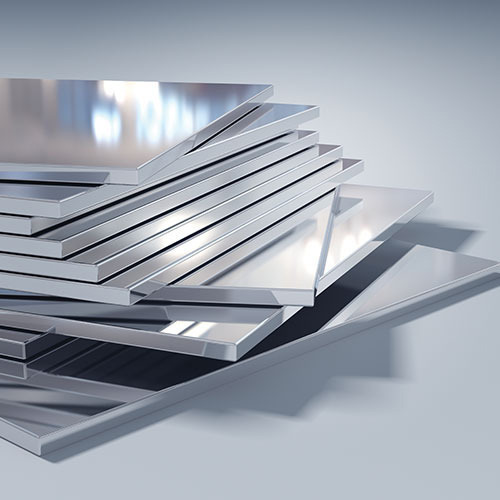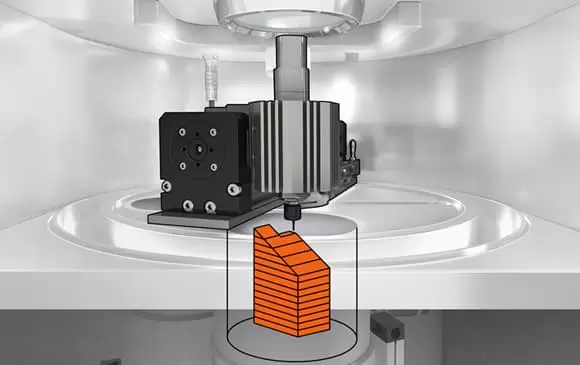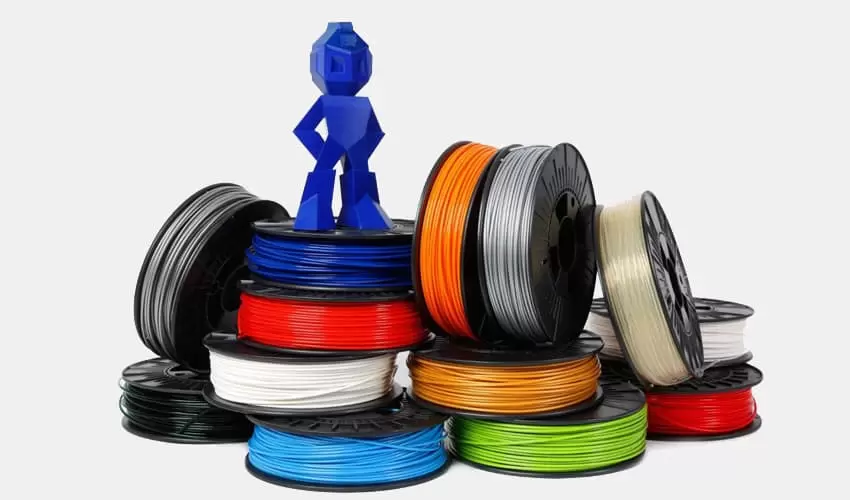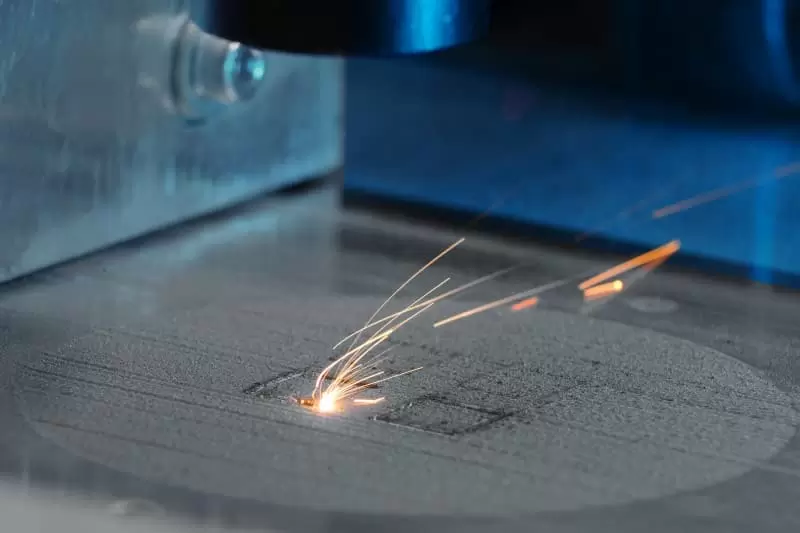1> Introduction Aluminum Sheet Metal
2> Properties of Aluminum Sheet Metal
3> Manufacturing Process of Aluminum Sheet Metal
4> Uses of Aluminum Sheet Metal
5> Advantages of Aluminum Sheet Metal
6> Conclusion of Aluminum Sheet Metal
Introduction
Aluminum is a versatile and widely used metal in the manufacturing industry. It is known for its lightweight, corrosion resistance, and excellent thermal and electrical conductivity. Aluminum sheet metal is one of the most popular forms of aluminum used in various applications due to its durability, formability, and strength-to-weight ratio. This article will provide a comprehensive guide to aluminum sheet metal, including its properties, manufacturing process, uses, and advantages.
Properties of Aluminum Sheet Metal
Aluminum sheet metal has several unique properties that make it a popular choice for various applications. Some of the properties of aluminum sheet metal include:
- Lightweight: Aluminum is a lightweight metal, which makes it an ideal choice for applications where weight is a crucial factor.
- High Strength-to-Weight Ratio: Aluminum has a high strength-to-weight ratio, which means it is strong and durable, yet lightweight.
- Corrosion Resistance: Aluminum has excellent corrosion resistance, making it suitable for use in harsh environments.
- Formability: Aluminum can be easily formed into different shapes and sizes, making it a versatile material.
- Thermal Conductivity: Aluminum has excellent thermal conductivity, which makes it ideal for use in applications that require heat dissipation.
- Electrical Conductivity: Aluminum has excellent electrical conductivity, making it suitable for use in electrical applications.
Manufacturing Process of Aluminum Sheet Metal
The manufacturing process of aluminum sheet metal involves several steps, including:
- Casting: The first step in the manufacturing process is casting. Aluminum ingots are melted in a furnace and poured into a mold to form a casting.
- Rolling: The next step is rolling. The casting is heated and rolled into thin sheets of aluminum.
- Annealing: The rolled aluminum is then annealed to improve its strength and ductility.
- Finishing: The final step is finishing. The aluminum sheet metal is cut to size, cleaned, and finished to the desired specifications.

Uses of Aluminum Sheet Metal
Aluminum sheet metal is used in a wide range of applications due to its unique properties. Some of the common uses of aluminum sheet metal include:
- Aerospace: Aluminum sheet metal is used in the aerospace industry to make aircraft skins, wings, and fuselage components due to its lightweight and high strength-to-weight ratio.
- Automotive: Aluminum sheet metal is used in the automotive industry to make body panels, engine parts, and wheels due to its lightweight and corrosion resistance.
- Construction: Aluminum sheet metal is used in the construction industry to make roofing, siding, and window frames due to its corrosion resistance and formability.
- Electronics: Aluminum sheet metal is used in the electronics industry to make heat sinks, chassis, and other components due to its thermal and electrical conductivity.
- Packaging: Aluminum sheet metal is used in the packaging industry to make cans, containers, and foils due to its formability and corrosion resistance.
Advantages of Aluminum Sheet Metal
Aluminum sheet metal offers several advantages over other metals, including:
- Lightweight: Aluminum sheet metal is lightweight, making it an ideal choice for applications where weight is a crucial factor.
- Corrosion Resistance: Aluminum sheet metal has excellent corrosion resistance, making it suitable for use in harsh environments.
- Formability: Aluminum sheet metal can be easily formed into different shapes and sizes, making it a versatile material.
- Recyclability: Aluminum is a highly recyclable material, which makes it an environmentally friendly choice.
- Low Maintenance: Aluminum sheet metal requires little maintenance due to its corrosion resistance
Conclusion of Aluminum sheet metal
Aluminum sheet metal is a versatile and widely used material in various industries. Its unique properties, including lightweight, high strength-to-weight ratio, corrosion resistance, formability, and excellent thermal and electrical conductivity, make it an ideal choice for many applications. The manufacturing process of aluminum sheet metal involves several steps, including casting, rolling, annealing, and finishing. Aluminum sheet metal is commonly used in aerospace, automotive, construction, electronics, and packaging industries. Aluminum sheet metal offers several advantages, including lightweight, corrosion resistance, formability, recyclability, and low maintenance. As industries continue to seek materials that are efficient, cost-effective, and sustainable, aluminum sheet metal will likely remain a popular choice for many applications.



